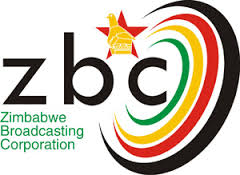Story by Stanley James, Business Editor
THE International Monetary Fund (IMF) has commended fiscal and monetary authorities for spearheading robust economic reforms, further imploring authorities to guard against local and global shocks.
An IMF team led by Wojciech Maliszewski conducted a staff visit to Harare from October 18 to October 25 of this month to discuss economic development matters.
At the conclusion of the visit, the mission released a report where it expressed satisfaction with economic growth policies by treasury and monetary authorities after the COVID-19 period.
It also noted that the country’s Real Gross Domestic Product (GDP) is estimated to grow by nearly five percent this year propelled by sustainable fiscal and monetary policies.
However, it warned treasury and the central bank to guard against local and global shocks.
Industrialists Dr Abel Mubango and Mr Godfrey Dube speak on their assessment of the IMF visit report.
“It is worth noting that the IMF has further endorsed the Government’s growth trajectory, the fact that they even revised upward growth forecasts is an indication of how the economy is defying challenges but there is still a lot more work to be done given the instability and volatile global markets so basically the IMF endorsement sends good signals to the global community of Zimbabwe’s commitment to work with all economies across the world,” said Dr Mubango.
“While Zimbabwe is currently getting policy advice from the IMF including technical help in the fields of revenue mobilisation, expenditure control, financial supervision, debt management, economic governance, and macro-economic statistics, the trend reflects the commitment by the two parties to find each other in a move that will in the long term spell or create that platform for the resumption of funding to the economy by the Bretton Woods Institution,” said Mr Dube.
Takeaways in the IMF report include the need for Zimbabwe to reduce the external debt overhang, further liberalisation of the exchange rate, lowering poverty, sustainable fiscal and monetary reforms, and boost global re-engagement, among others.





